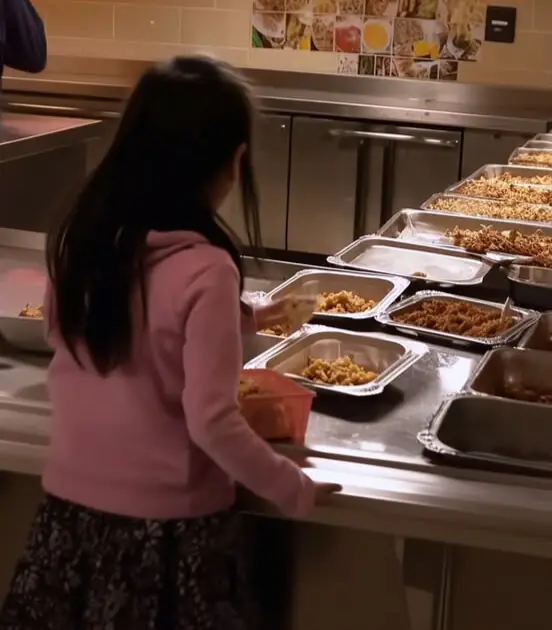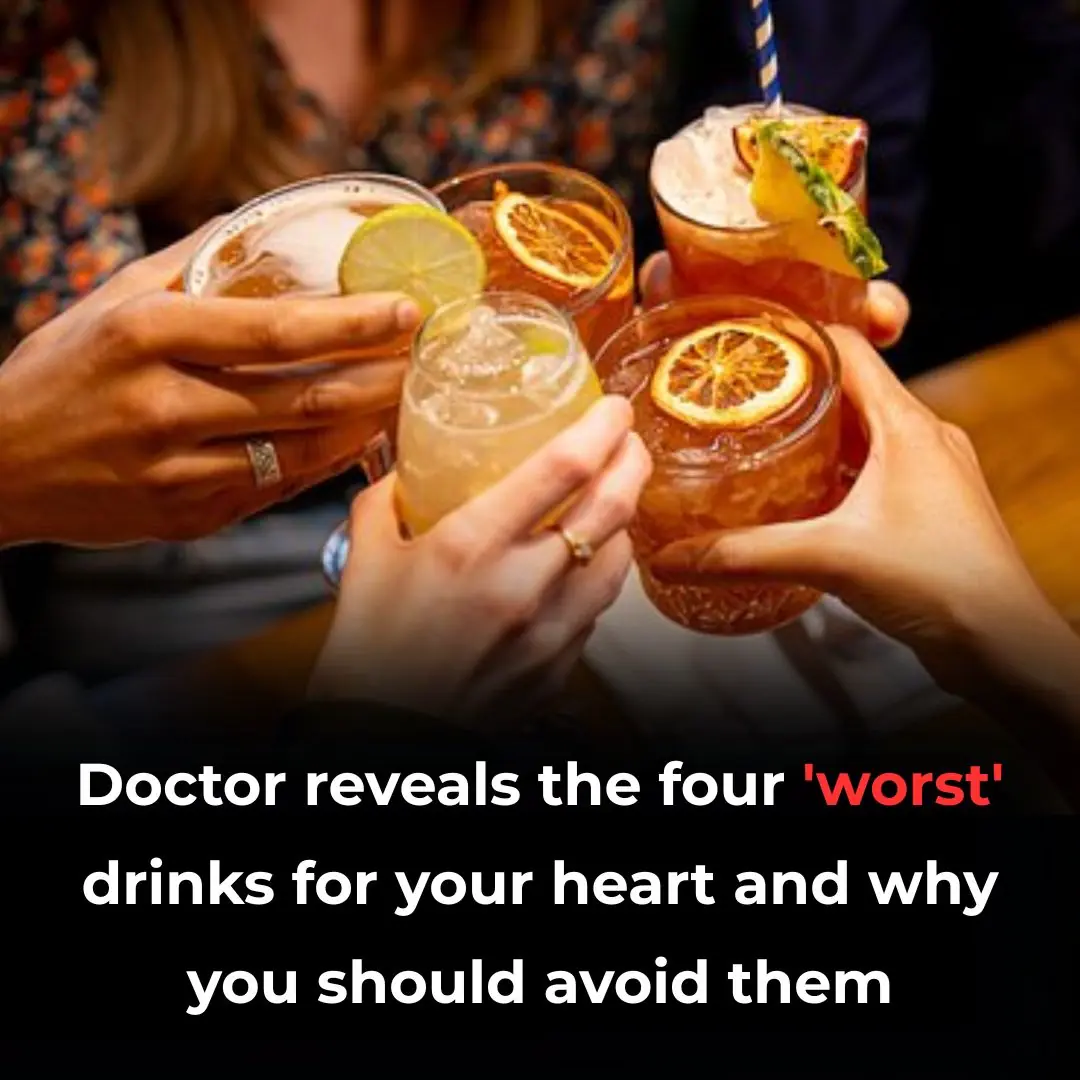
7 Everyday Snacks That Feed CANCER Cells - Barbara O'Neill Reveals Bad Foods
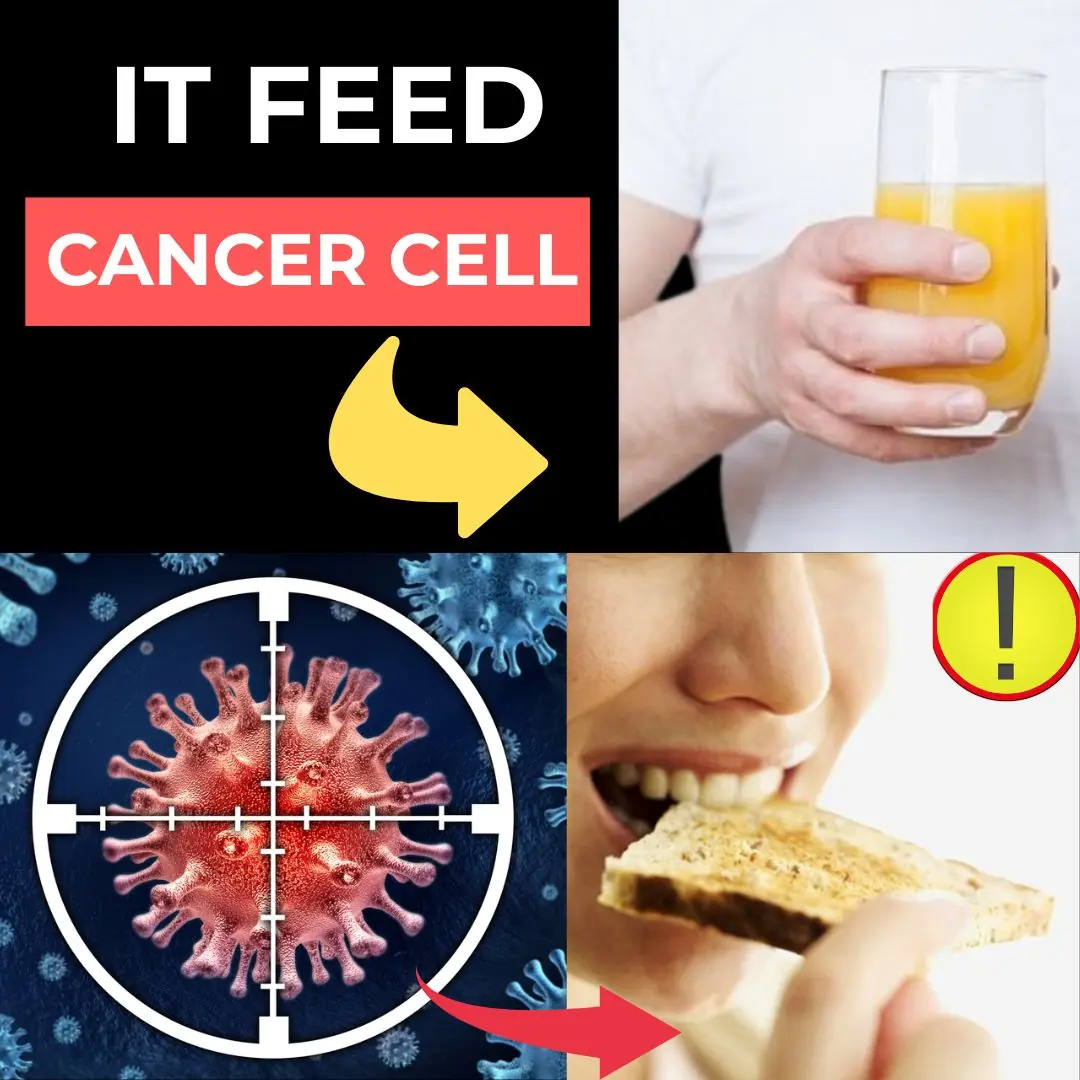
Daily Snacks That Could Promote Cancer Cell Growth, According to Barbara O'Neill
In our ongoing pursuit of health and longevity, the role of food cannot be overstated. According to internationally recognized health educator Barbara O’Neill, some seemingly harmless everyday snacks could actually create internal conditions that support the growth of cancer cells. She stresses the need for conscious, informed dietary choices—ones that reduce bodily acidity and inflammation, strengthen immunity, and ultimately help in disease prevention.
O’Neill advocates for a holistic approach to wellness, with a specific focus on avoiding foods that contribute to an acidic internal environment, which she believes may support cancer proliferation. Let’s take a closer look at the foods she identifies as problematic—and how making simple swaps could help protect your long-term health.
1. Red and Processed Meats: Cancer-Linked Proteins
Barbara O'Neill points to red meats and processed meats as major dietary culprits. These meats, including beef, lamb, bacon, and sausages, are high in saturated fats and can form carcinogenic compounds like heterocyclic amines (HCAs) and polycyclic aromatic hydrocarbons (PAHs) when cooked at high temperatures (like grilling or frying).
Multiple studies have linked frequent consumption of these meats to increased risks of colorectal, pancreatic, and prostate cancers. Processed meats, in particular, often contain nitrates and nitrites, which can convert into nitrosamines, another cancer-linked chemical compound. O'Neill urges individuals to replace these meats with plant-based proteins like lentils, chickpeas, and beans, which are rich in fiber and alkalizing minerals.
2. Fatty Fish: A Double-Edged Sword
Although fatty fish such as salmon, tuna, and mackerel are widely praised for their omega-3 fatty acids, Barbara O’Neill offers a word of caution. These fish may contain toxins such as mercury, dioxins, and polychlorinated biphenyls (PCBs)—especially those sourced from polluted waters or industrial fishing zones.
These toxins can accumulate in human tissue and contribute to oxidative stress, DNA damage, and inflammation—all conditions that support the development of chronic illnesses, including cancer. While not discouraging all fish consumption, O'Neill advises choosing smaller, wild-caught fish and incorporating plant-based omega-3 sources, such as chia seeds, flaxseeds, hemp seeds, and walnuts.
3. Hybrid Wheat: An Acid-Forming Staple
O'Neill warns against the overconsumption of hybridized wheat—a modern, genetically altered strain designed for high yields and pest resistance. This wheat contains elevated levels of phytic acid, which can interfere with mineral absorption and increase acidity in the body.
In her view, excessive acidity disrupts the body’s natural balance and may create an environment where cancer cells thrive. Rather than relying on conventional wheat-based products, O'Neill recommends switching to ancient grains such as spelt, einkorn, quinoa, millet, and buckwheat, which are often easier to digest and less acid-forming.
4. Refined Sugar: A Direct Energy Source for Tumors
Sugar is perhaps the most well-known dietary trigger in cancer discussions. Barbara O'Neill emphasizes that refined sugars, such as white sugar and high-fructose corn syrup, not only spike insulin but also serve as direct fuel for cancer cells.
Numerous studies support the idea that cancer cells exhibit a high rate of glycolysis, a process in which glucose is used to generate energy—even in the absence of oxygen (the Warburg Effect). Excessive sugar intake also leads to chronic inflammation, insulin resistance, and fat accumulation, all of which can contribute to disease. O'Neill recommends minimizing sugar and instead using natural alternatives like raw honey, dates, or small amounts of maple syrup, while also increasing fiber to stabilize blood sugar.
5. Yeast and Fermented Foods: Encouraging Candida Overgrowth
Barbara O’Neill points out the risks associated with excessive yeast consumption, particularly in individuals with compromised immune systems or poor gut health. Foods containing yeast, such as bread, beer, wine, and some cheeses, may contribute to Candida overgrowth—a condition where yeast proliferates and can trigger inflammation, digestive issues, and even systemic infections.
Candida has been linked to a range of chronic conditions, and some researchers suggest it might contribute indirectly to cancer risk through immune suppression and inflammation. O’Neill suggests balancing gut flora by eating more fermented vegetables (like sauerkraut and kimchi), probiotic-rich foods, and prebiotic fiber, while cutting back on yeast-heavy products.
6. Peanuts: Hidden Carcinogens from Mold Contamination
Peanuts may seem like a healthy snack, but Barbara O’Neill flags them as high-risk due to frequent aflatoxin contamination. Aflatoxins are produced by molds that grow on peanuts stored in warm, humid environments. These toxic compounds are classified as Group 1 carcinogens by the World Health Organization and are strongly linked to liver cancer.
O’Neill encourages consumers to opt for organic, mold-tested peanuts or choose lower-risk alternatives such as almonds, cashews, or sunflower seeds. Proper storage—cool, dry, and airtight conditions—can also reduce mold growth.
7. Aged Cheeses: Fermentation and Acidity Concerns
Aged cheeses such as cheddar, gouda, parmesan, and blue cheese undergo a fermentation process that generates amines and lactic acids, increasing the food’s acidity. According to O'Neill, this acidic load may compromise the body’s pH balance, especially when combined with other acid-forming foods.
Although cheese can be a source of protein and calcium, excessive intake—particularly of aged and processed varieties—can contribute to digestive issues, inflammation, and acidity that supports tumor growth. She suggests moderating cheese consumption and trying plant-based cheese alternatives made from cashews, almonds, or nutritional yeast.
Moving Toward a Cancer-Preventive Diet
To counterbalance these risks, Barbara O’Neill recommends a largely plant-based, alkaline-forming diet rich in fresh fruits, vegetables, nuts, seeds, legumes, and whole grains. These foods not only lower the body’s acidity but also support detoxification, enhance gut health, and provide powerful antioxidants and phytonutrients.
O’Neill especially highlights the importance of leafy greens, cruciferous vegetables (like broccoli, kale, and cauliflower), berries, and spices like turmeric and ginger. These have natural anti-inflammatory and immune-boosting properties that can inhibit cancer cell growth and support cellular repair.
Additionally, maintaining hydration, regular exercise, stress management, and adequate sleep all play vital roles in keeping the body’s internal environment resilient and less susceptible to disease.
Final Thoughts: Daily Choices Shape Our Long-Term Health
Barbara O’Neill’s insights serve as a powerful reminder that the food we eat daily matters. Seemingly harmless snacks may contain hidden dangers, especially when consumed regularly or in large quantities. By avoiding foods that promote acidity, inflammation, and toxin buildup, we can reduce cancer risk and enhance our body’s ability to heal and defend itself.
The takeaway? Prevention starts with awareness. Make intentional food choices, prioritize natural, unprocessed ingredients, and favor a whole-food, plant-centered diet that nourishes the body on every level. As O’Neill suggests, it’s not just about what we eliminate—but also about what we choose to embrace.
News in the same category

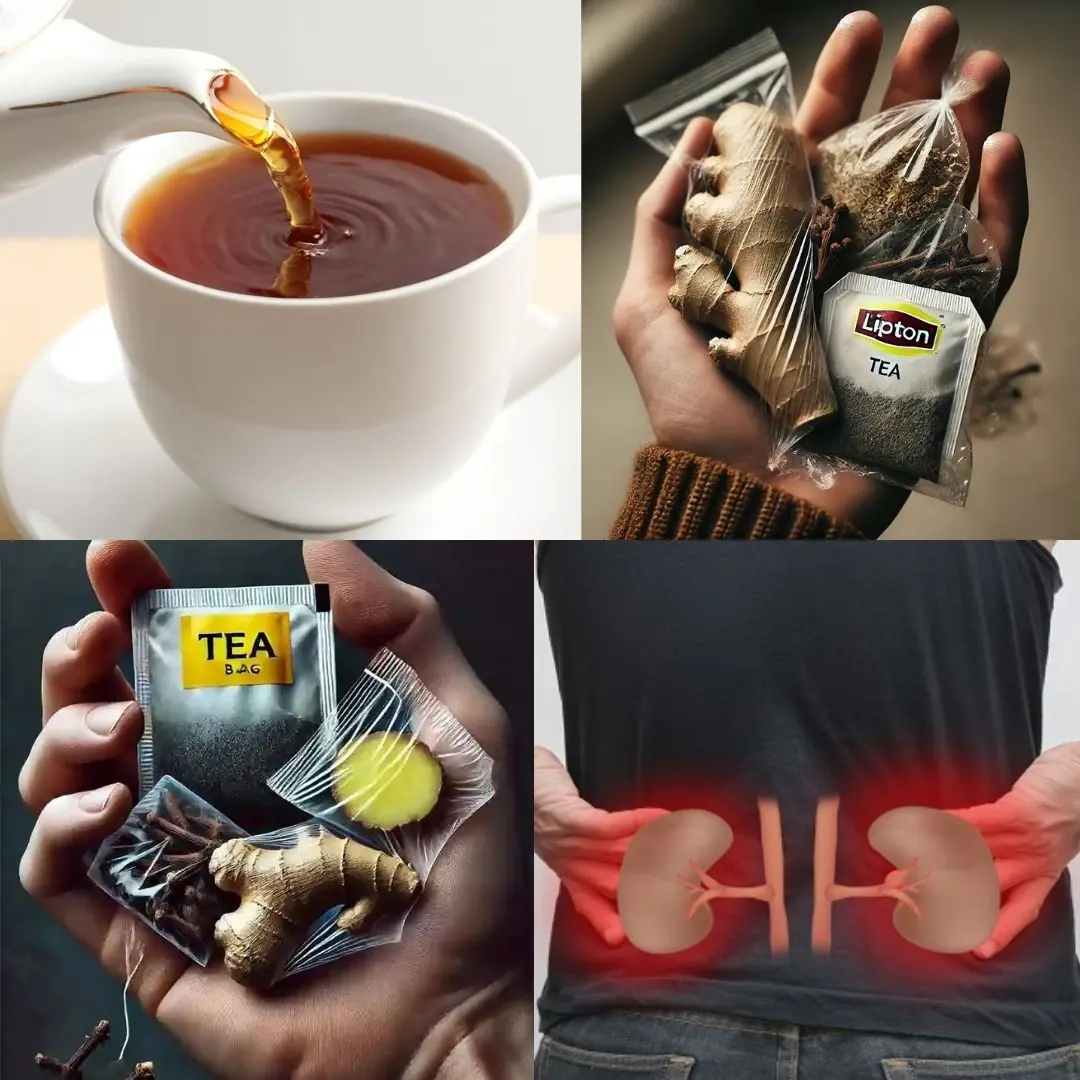
Cloves, Ginger, and Lipton Tea: A Health-Boosting Trio
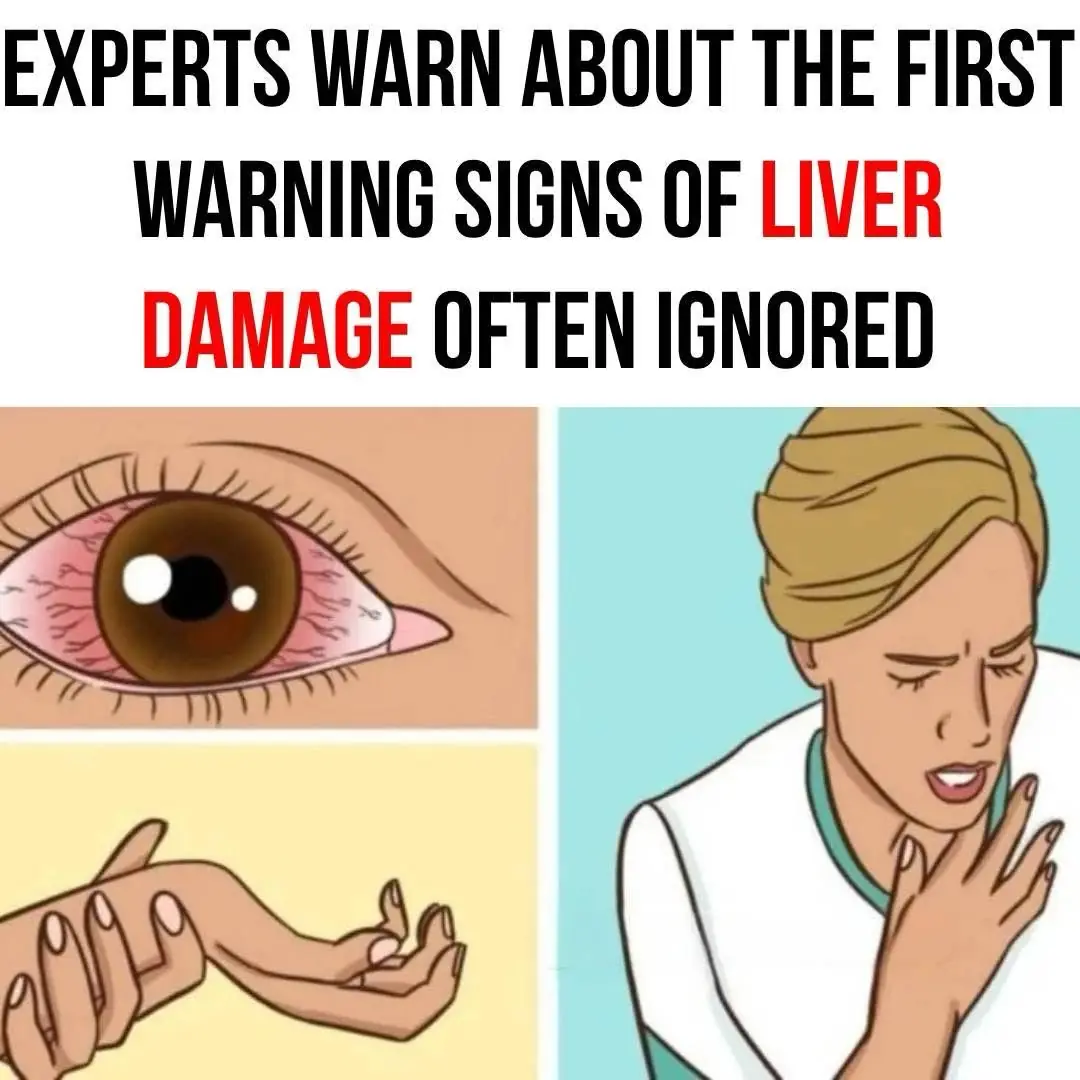
5 Early Signs of Liver Damage You Should Look Out For

Man diagnosed with cancer months after doctors dismissed symptoms and said he was ‘too young’
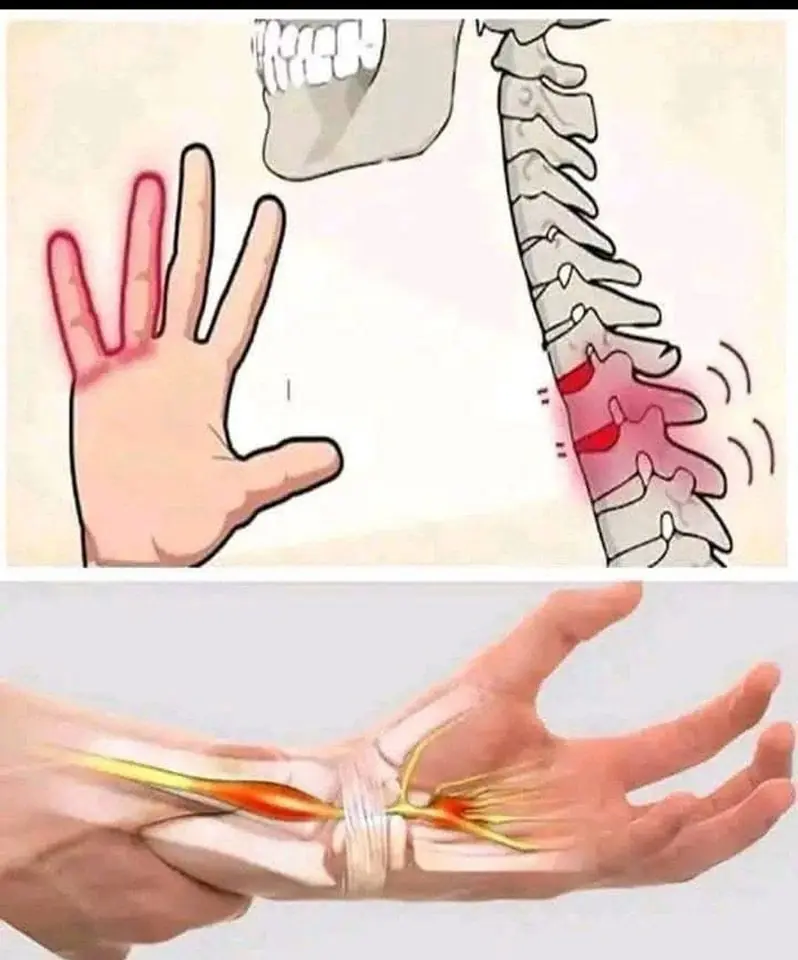
Tingling Sensation In Your Body: Why Does It Happen

Why Do Some People Remember Their Dreams More Than Others?

Police release statement after autistic teen left fighting for life after being shot '9 times' by cops
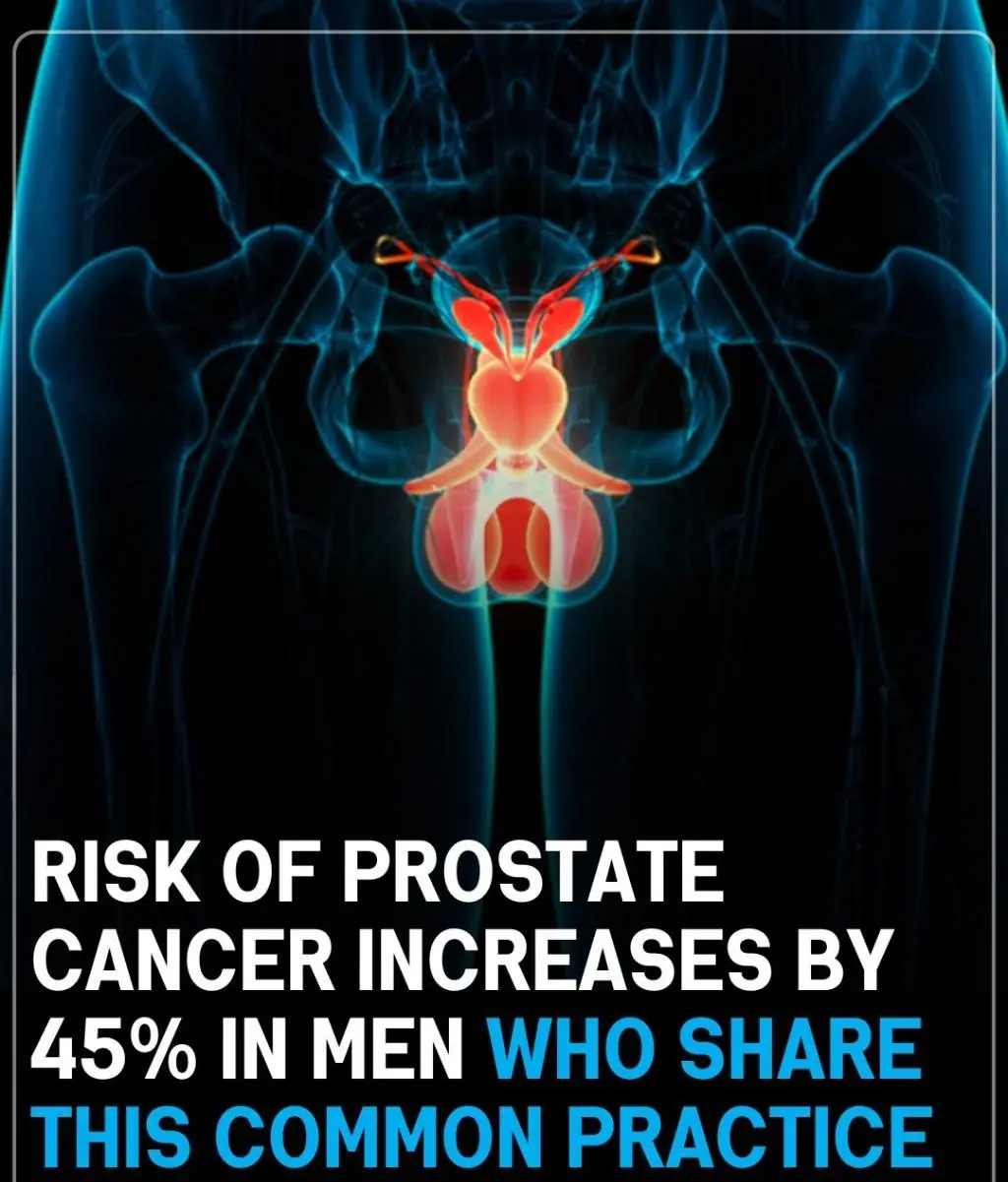
Risk Of Prostate Cancer Increases By 45% In Men Who Share This Common Practice
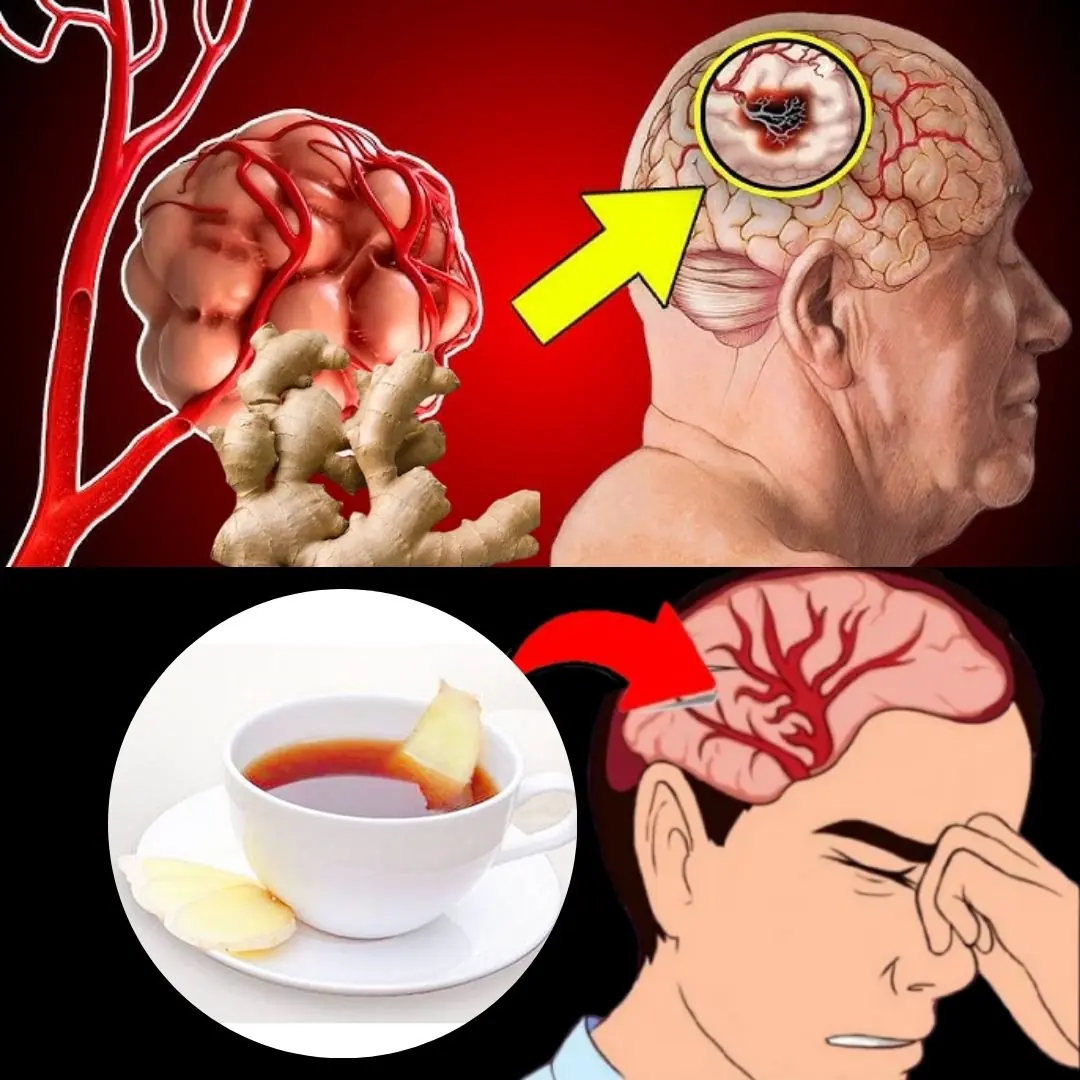
Better Than Aspirin! Ginger Tea Prevents Clots Naturally
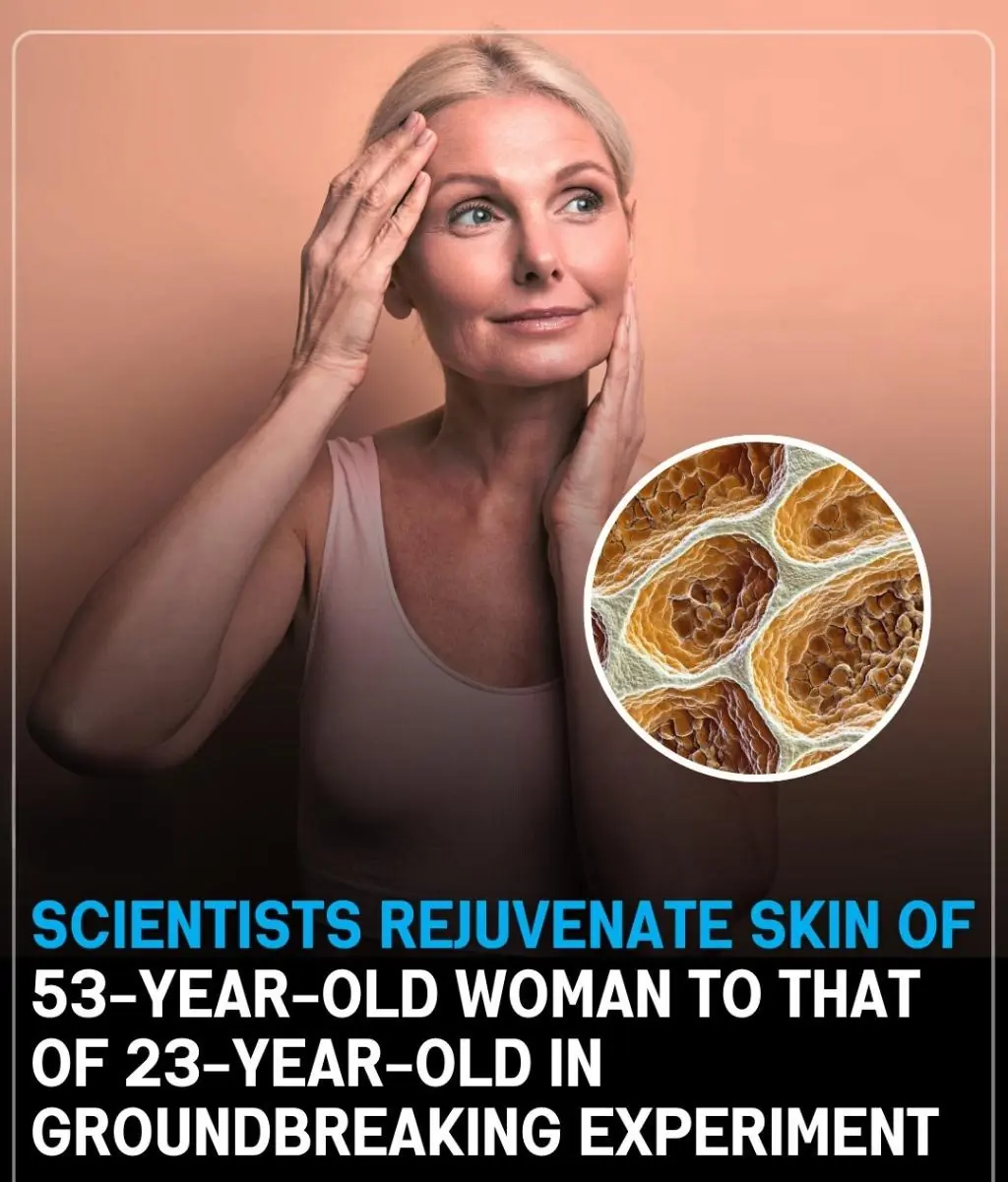
Scientists Rejuvenate Skin Of 53-Year-Old Woman To That Of 23-Year-Old In Groundbreaking Experiment

Experts claim there's a 'golden hour' for when you should sleep that could make you live longer
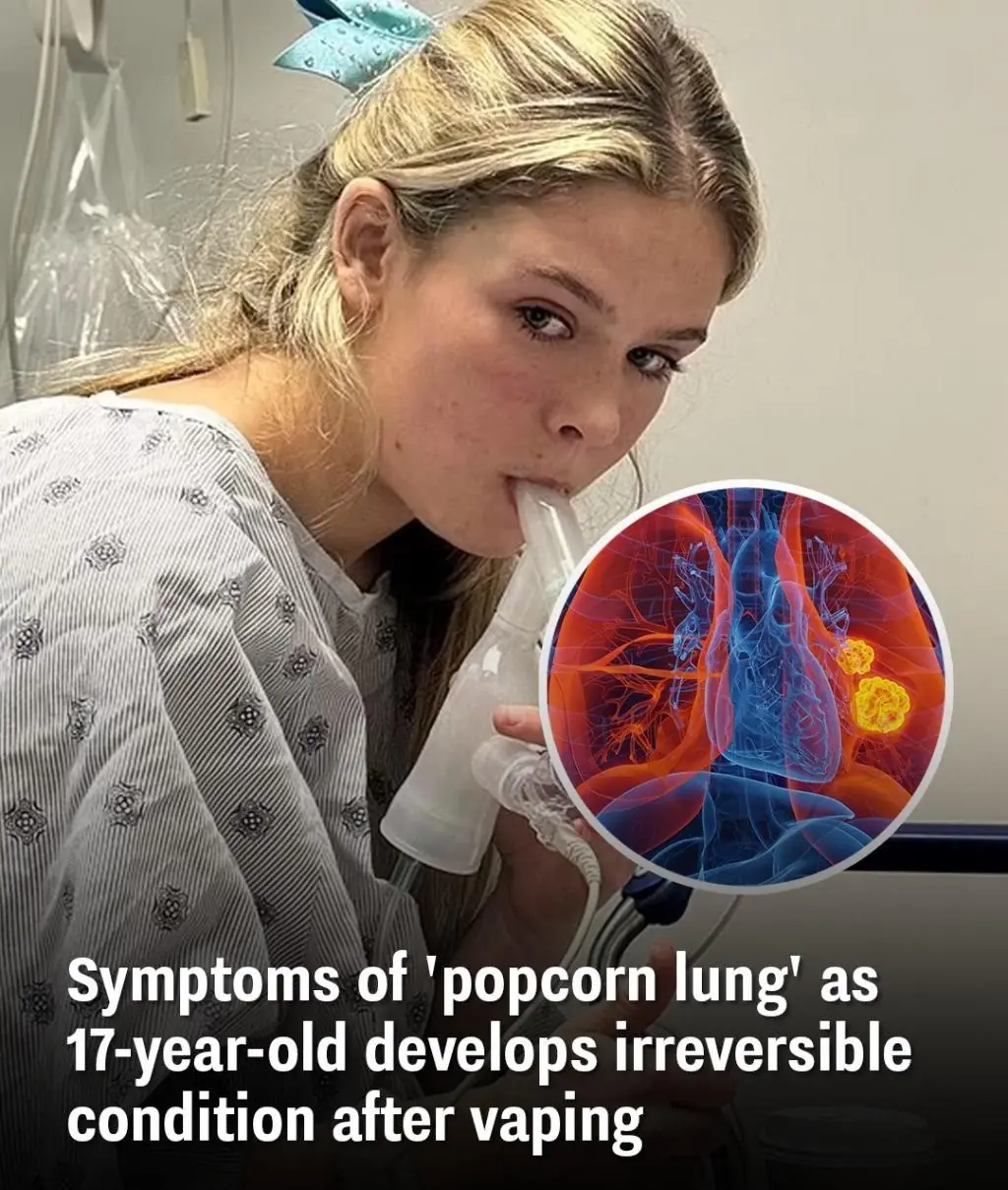
Symptoms of 'popcorn lung' as 17-year-old develops irreversible condition after vaping

Woman who ate entire blocks of butter every day for the past 5 years shares surprising alleged bloodwork results

First ever vaping study reveals the horrifying effects it can actually have on your body

New Study Finds That Cuddling Can Calm You, Reduce Stress, And Strengthen Your Heart
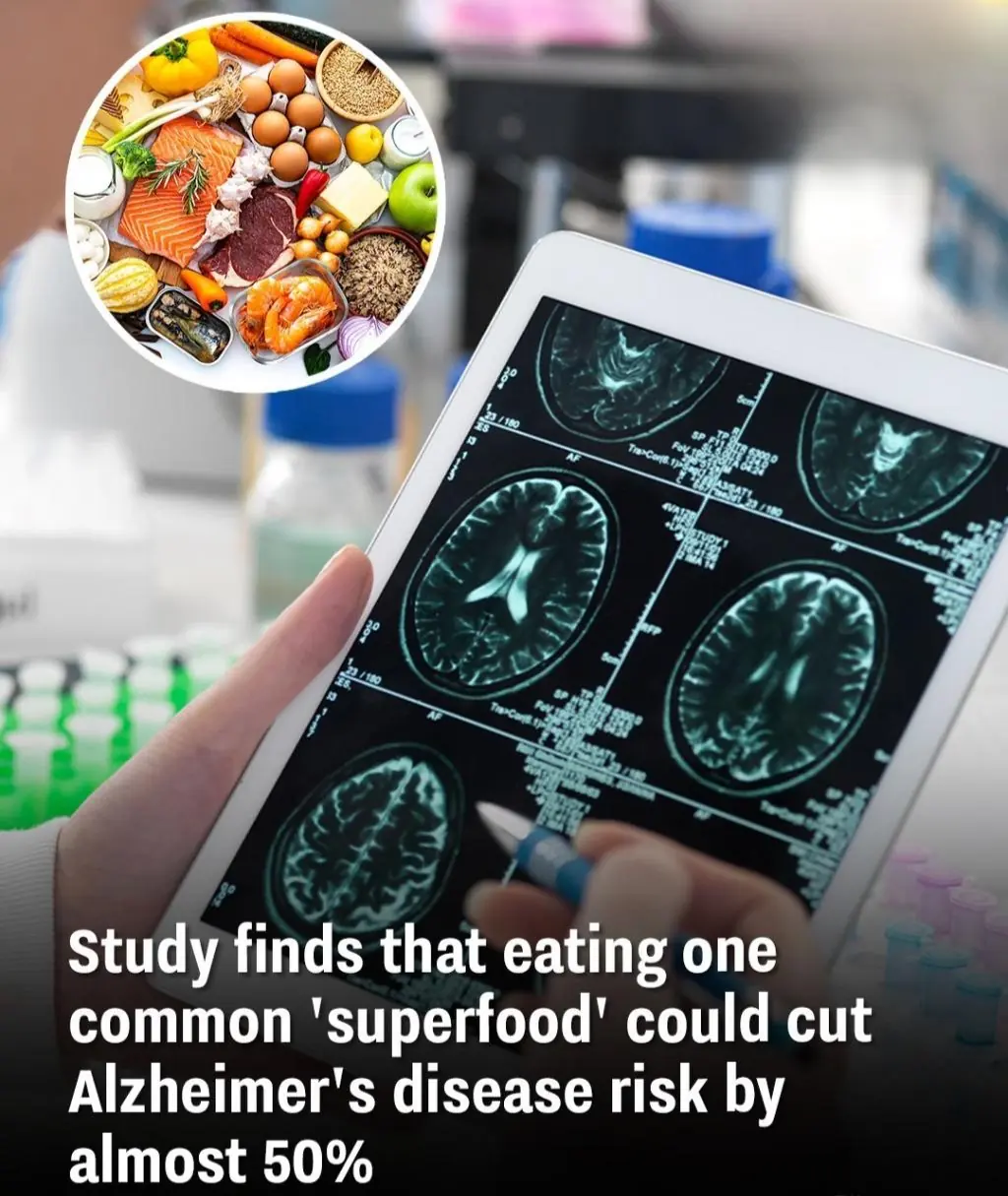
Study finds that eating one common 'superfood' could cut Alzheimer's disease risk by almost 50%
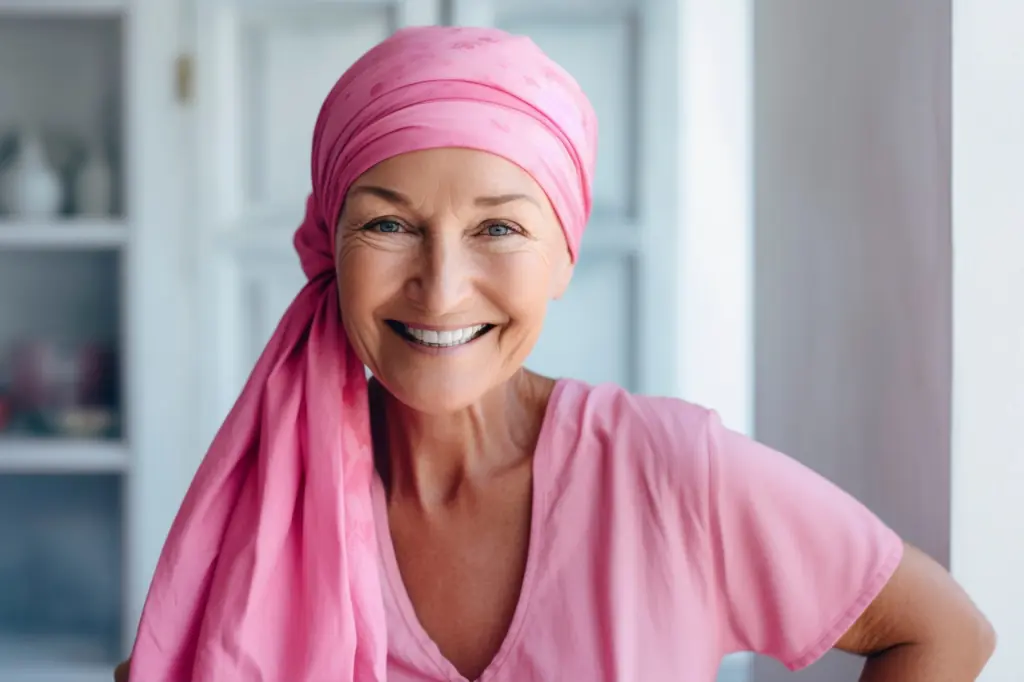
According To A Study, Millennials And Gen Xers Are More Likely To Have Cancer Than Older Generations
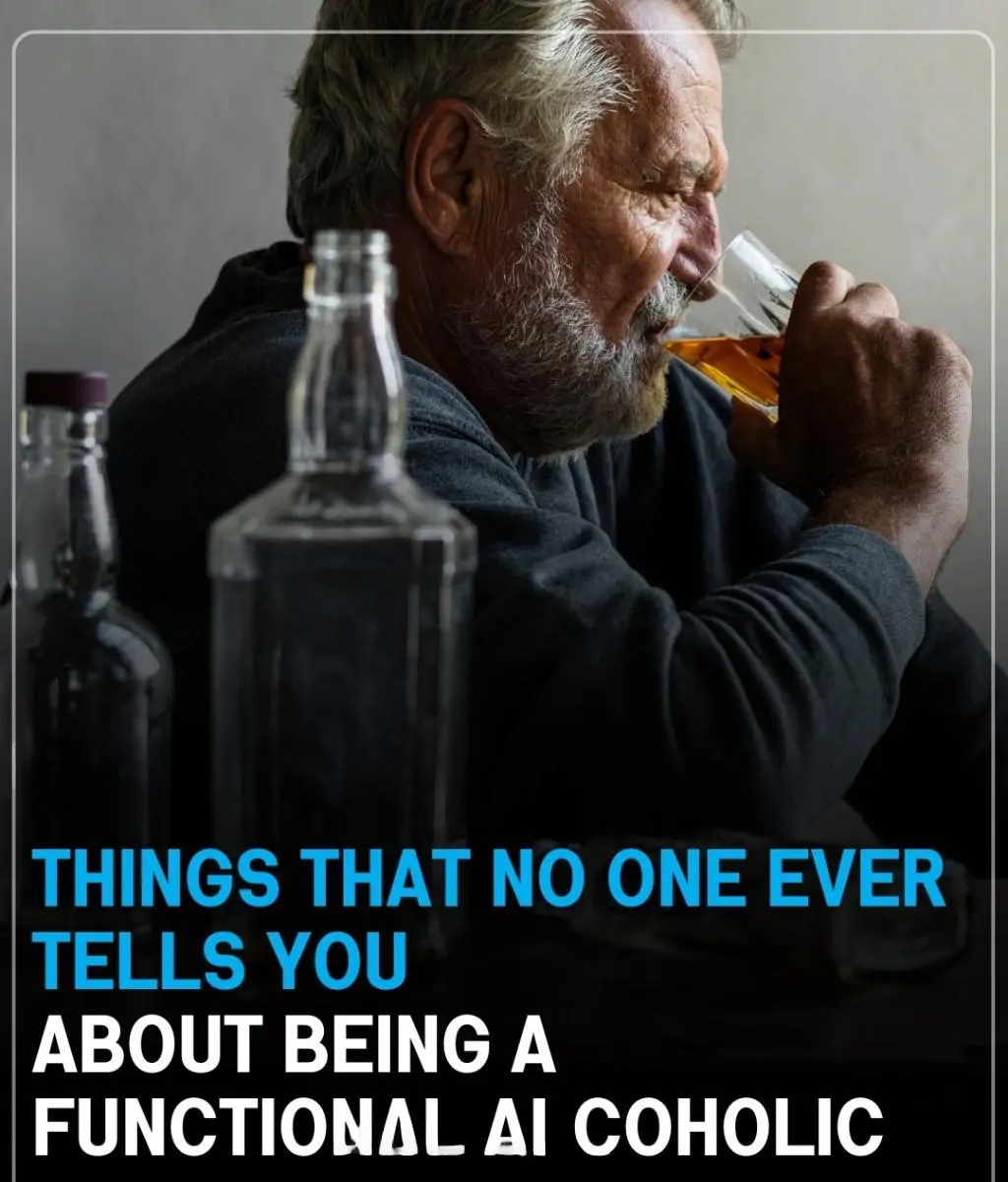
Things That No One Ever Tells You About Being A Functional Alcoholic

Signs You’re Lacking in Vitamin D and How to Get More To Boost Your Immunity
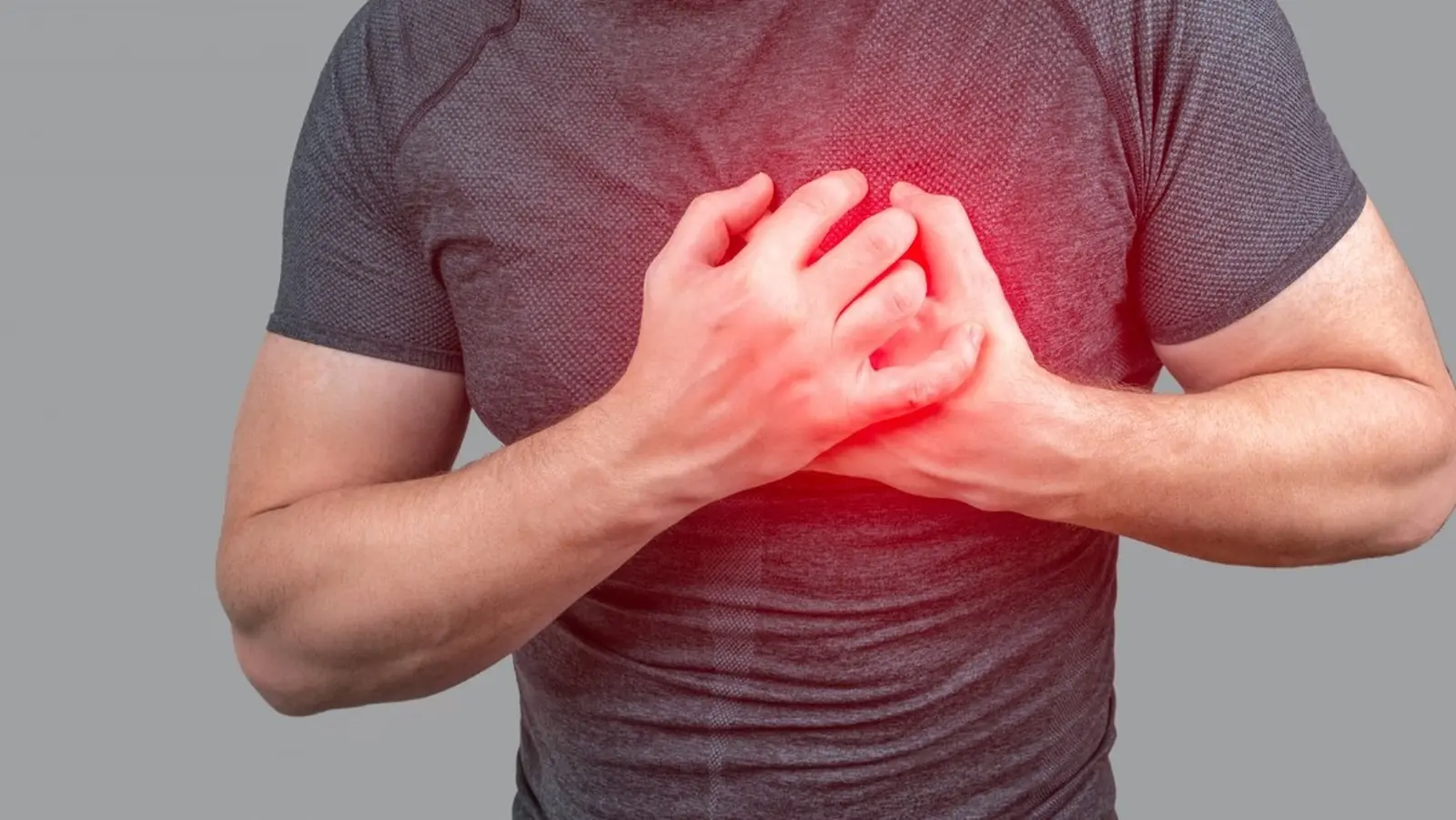
The Reason You May Get Random Stabbing Pains in Your Chest Explained
News Post

Expert Unveils the Four 'Worst' Drinks for Your Heart and Why You Should Steer Clear

Cloves, Ginger, and Lipton Tea: A Health-Boosting Trio

5 Early Signs of Liver Damage You Should Look Out For

Man diagnosed with cancer months after doctors dismissed symptoms and said he was ‘too young’

Tingling Sensation In Your Body: Why Does It Happen

Why Do Some People Remember Their Dreams More Than Others?

Police release statement after autistic teen left fighting for life after being shot '9 times' by cops

Risk Of Prostate Cancer Increases By 45% In Men Who Share This Common Practice

Better Than Aspirin! Ginger Tea Prevents Clots Naturally

Scientists Rejuvenate Skin Of 53-Year-Old Woman To That Of 23-Year-Old In Groundbreaking Experiment

Experts claim there's a 'golden hour' for when you should sleep that could make you live longer
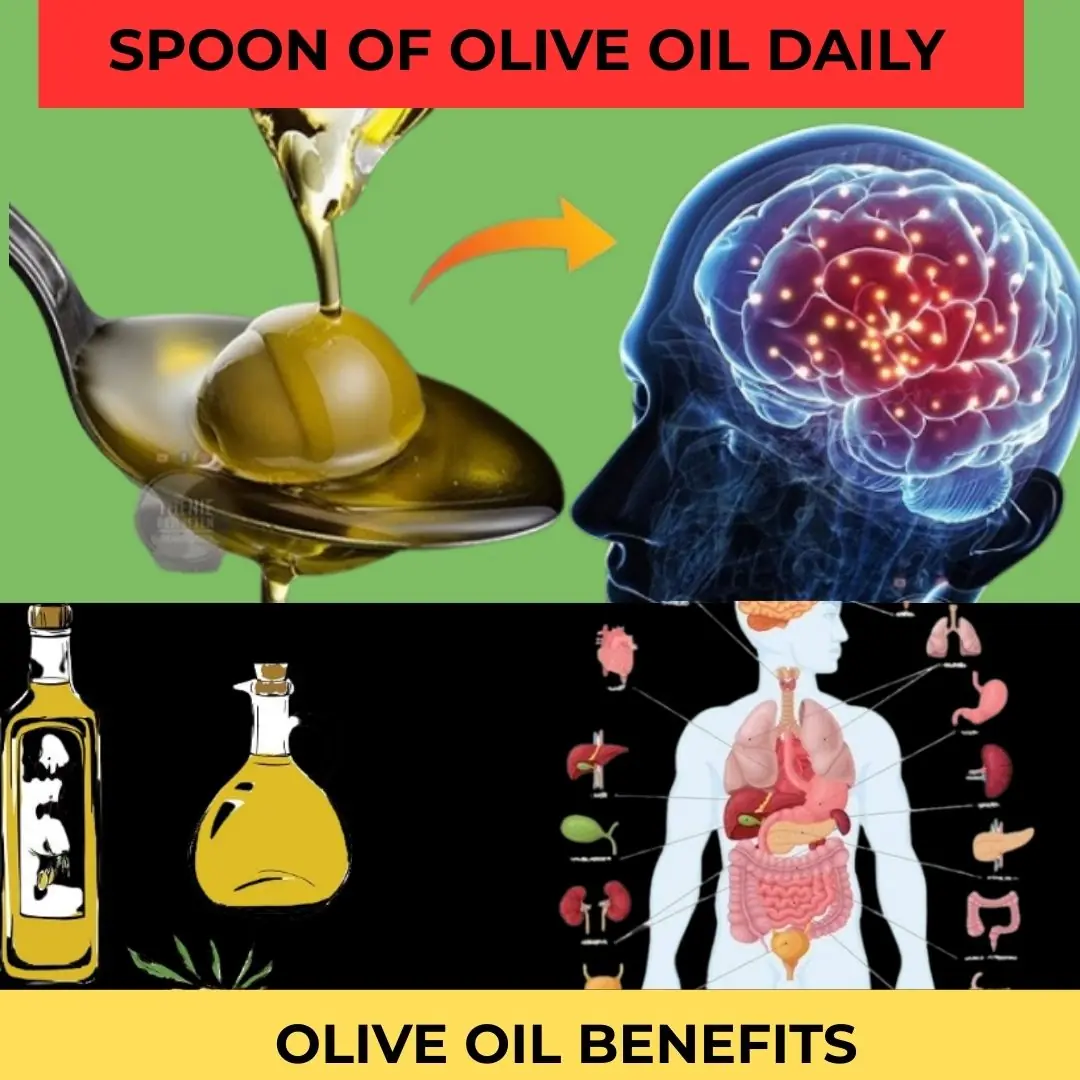
Start Your Day Right: The 10 Incredible Benefits of Drinking Olive Oil Every Morning
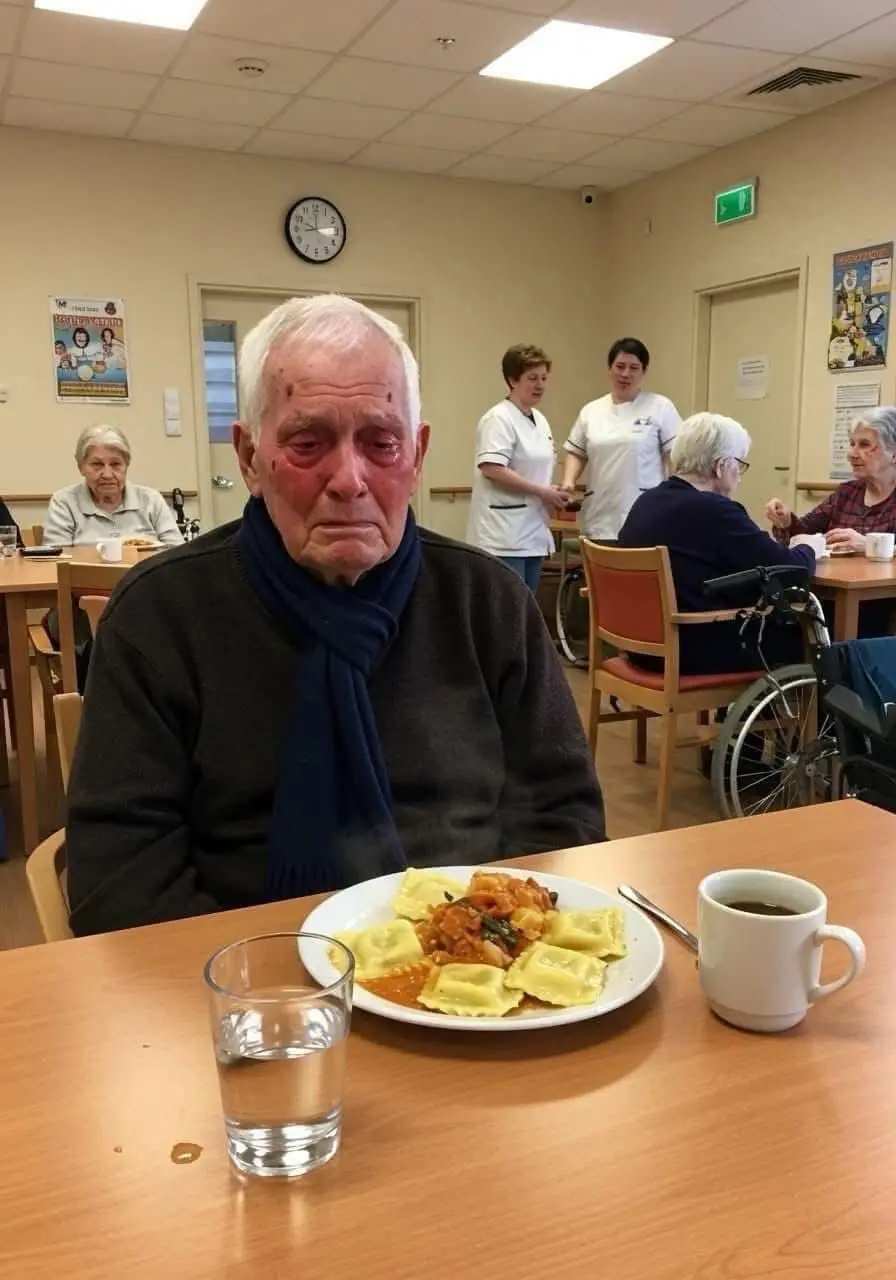
My Dad Said Something Before He Took His Last Breath—And I Can’t Shake It

A weekend with grandma changed my son—but at what cost?

My Best Friend Stole My Husband—Ten Years Later, She Called Me Screaming His Darkest Secret

My fiancé and his mom demanded i wear a red wedding dress — but i had a better idea.

My MIL Demanded to Share a Hotel Room with My Husband During Our Anniversary Trip

My Parents Abandoned Me and My Younger Siblings When I Was 15 — Years Later They Knocked on My Door Smiling

It was late afternoon when 16-year-old Jake walked through the front door
